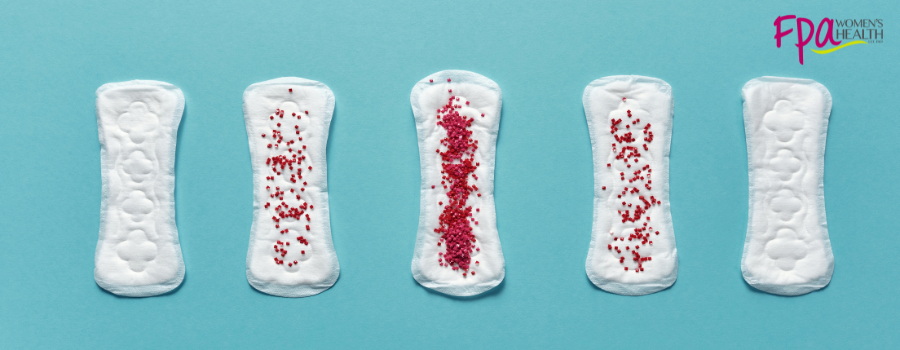
Spotting between periods when you are on a progestin-only method like Nexplanon, The Depo Shot, or a hormonal IUD is common, especially if you have just started this new method within the last couple months.
Why am I constantly bleeding on Nexplanon?
This happens for some women as their bodies adjust to the new hormones in their body. Bleeding between periods, or “breakthrough bleeding,” can happen as the hormones in your body are fluctuating and inconsistent as your body adjusts to your new method. Even bleeding everyday at first is not dangerous and for most women, as it takes a few months for their bodies to adjust to their new birth control method and to regulate a bleeding pattern.
In a typical menstrual cycle, the hormones estrogen and progesterone (the hormones also in typical birth control pills) help build and sustain your uterine lining to prepare your body for pregnancy. If a pregnancy does not occur, hormone levels drop, and this causes your uterus to shed its lining (your period.) So as your hormone levels are fluctuating with a new birth control method, the uterine lining does not shed uniformly and the spiral arterioles in the uterine muscle can bleed sporadically.
How long will this bleeding last?
With any new birth control method, we recommend you give your body 6 months or more to adjust to it so that you can start enjoying all of the great benefits it has to offer! In this case – the 3 years of worry-free birth control you will have with your Nexplanon!
When to visit your doctor about irregular bleeding
If you have irregular bleeding coupled with any of the following, this could mean you have an infection and it is important to see a doctor right away:
- itching
- foul smelling discharge
- colored discharge
- pain when you urinate or
- pain when you have sexual intercourse
Sometimes, irregular bleeding can also be a sign of a more serious illness. Infection with the virus HPV can cause cervical dysplasia and lead to spotting. Fibroids, polyps, or adenomyosis are all causes of irregular bleeding. Sometimes, spotting is the only symptom of sexually transmitted infections such as Chlamydia, Gonorrhea, or Trichomoniasis. While we recommend everyone get tested regularly for STDs, we especially recommend doing so if you're experiencing irregular bleeding or spotting.
If you are still experiencing excessive bleeding after six months or are unsure if it is from your birth control, we recommend you make an appointment to see your gynecologist right away.
Are you in California? Consider booking an appointment at an FPA location near you.
Share This
Get Help Now